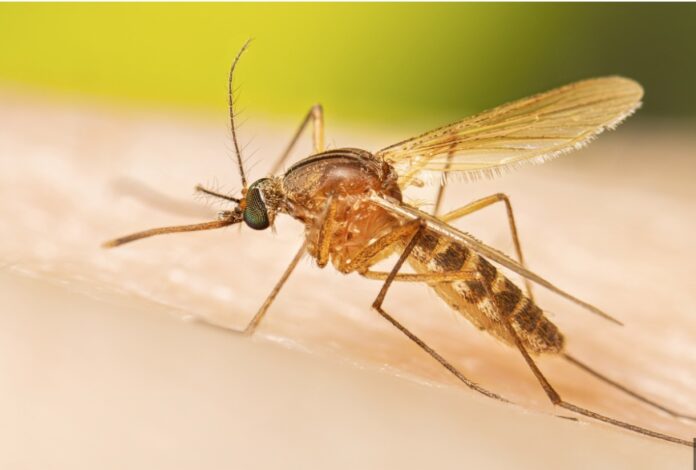Health officials in Pierce County, Washington, are investigating what may be the state’s first locally acquired case of malaria. An East Pierce County woman who has not recently traveled was diagnosed with the mosquito-borne disease on Aug. 2. She is currently receiving treatment as health authorities monitor her condition and work to determine how she contracted the infection.
If confirmed, this would mark the first known instance of local malaria transmission in Washington state history. Malaria cases in the United States are typically tied to international travel, with Washington averaging 20 to 70 travel-related cases per year. The nation as a whole sees about 2,000 to 2,500 such cases annually, most of them imported. Local transmission is exceedingly rare; the US reported just 10 locally acquired malaria cases in 2023, spread across four states — the first such cases in two decades.
The Tacoma-Pierce County Health Department is working closely with the Washington State Department of Health and the Centers for Disease Control and Prevention to identify the source of the infection. The most likely explanation is that a mosquito in the area bit an individual who had traveled to a malaria-endemic country and then transmitted the parasite to the local woman.
Officials have launched a mosquito surveillance operation, which includes trapping and testing, although mosquito populations in the area are currently on the decline.
Malaria symptoms have a long incubation period, anywhere from 7 to 30 days after infection, include fever, chills, body aches, headaches, nausea, vomiting, and diarrhea. While malaria can be life-threatening, it is treatable with antimalarial drugs, including artemisinin-based combination therapies, chloroquine, and other medications depending on the severity.
The public health risk remains very low, the Pierce County Health Department said. Still, locals are being encouraged to take preventive measures such as using insect repellent, wearing long-sleeved clothing, keeping window screens repaired, and eliminating standing water around homes to limit mosquito breeding.
Travelers heading to countries where malaria is common are being advised to consult healthcare providers in advance to obtain appropriate preventive medication.
More information is available from the Tacoma-Pierce County Health Department.
